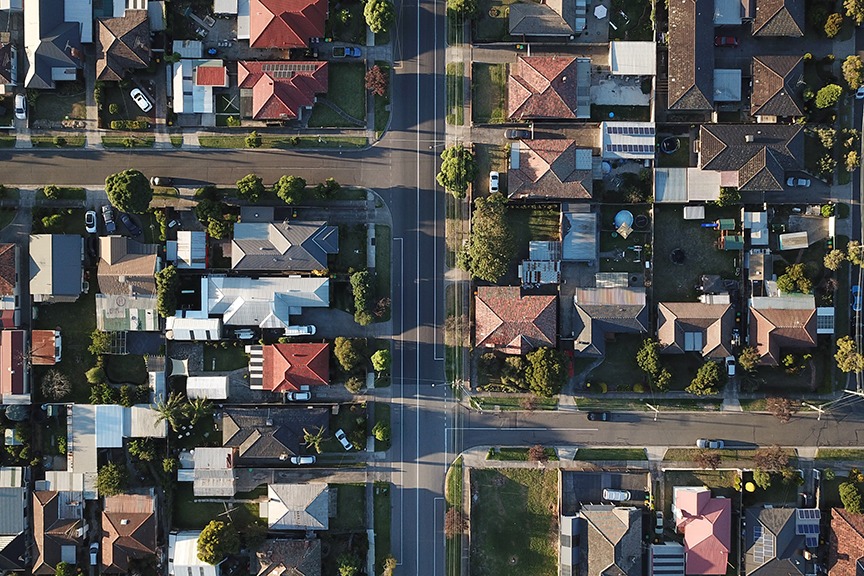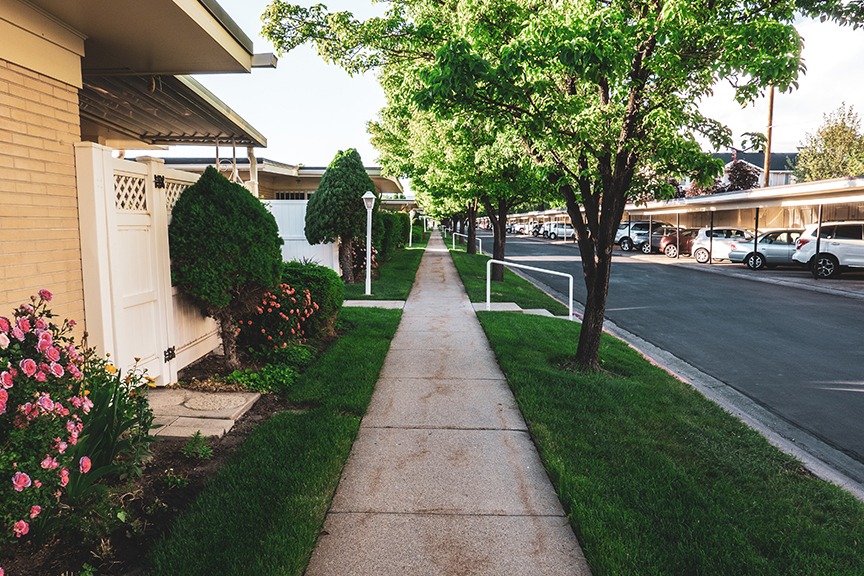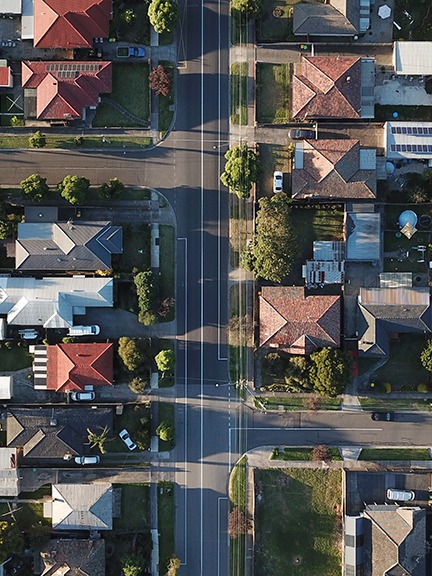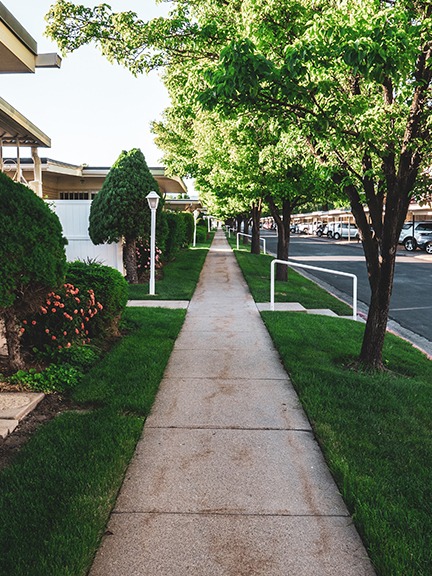
#1
Thriving, healthy communities start with everyone having a safe, affordable place to call home. Unfortunately, this is out of reach for too many people. In fact, there is no state or county in America where a renter working full time, at minimum wage, can afford a two-bedroom apartment.

#2
Inequitable housing laws and regulations, along with discriminatory industry practices, are some of the underlying causes of housing insecurity. The term “housing insecurity” is used to describe many challenges faced in seeking a secure, affordable place to call home – for example, trouble paying rent, poor housing conditions, dealing with overcrowded housing, moving frequently, staying with relatives or spending the bulk of household income on housing.

#3
When children deal with housing insecurity, there can be long-lasting consequences – including social-emotional challenges, health consequences and learning loss. Long-term, these conditions can even affect a person’s expected long-term earnings and financial security.

#4
Changing America’s inequitable housing systems, policies and practices is necessary for families and communities to experience housing justice – the security of knowing that everyone is treated fairly and able to secure an affordable, safe and healthy place to call home.

#5
PAVE – a unique, inter-agency task force of 13 federal agencies, chaired by the United States Department of Housing and Urban Development (HUD) and the White House Domestic Policy Council (DPC) – released an Action Plan to Advance Property Appraisal and Valuation Equity (PAVE). In short, it’s a blueprint for building greater equity in homeownership, and it recommends specific policies to eliminate bias in home lending and appraisal processes.

#6
Informed by community members, industry experts, academic institutions, think tanks, advocates, and WKKF grantees, the PAVE Action Plan examines how historically racist practices affect the value of residential properties, explores how bias appears in residential valuation practices and offers concrete steps that federal agencies and the private sector can take to advance greater racial equity.

#7
This report is a tangible outcome of the Biden-Harris Administration’s executive order to pursue a “whole of government” approach to advance racial equity in federal policymaking. There is a long road ahead to make progress towards this goal, but reports like the PAVE Action Plan offer an important step as part of that effort.

#8
The recommendations and opportunities described in the PAVE Action Plan are also consistent with the goals of the racial healing and transformation work long supported by WKKF. When systems that disrupt lives and create barriers to opportunity are identified and transformed, children, families, and communities will have brighter futures.

#9
The hard work of implementing the recommendations in the PAVE Action Plan is now underway. It will take all of us to hold government leaders accountable to working across agencies, to push Congress to enact the necessary laws, and to shift the practices of the private sector to address the mis valuation and devaluation in property appraisals experienced by borrowers and communities of color.

#1
Thriving, healthy communities start with everyone having a safe, affordable place to call home. Unfortunately, this is out of reach for too many people. In fact, there is no state or county in America where a renter working full time, at minimum wage, can afford a two-bedroom apartment.

#2
Inequitable housing laws and regulations, along with discriminatory industry practices, are some of the underlying causes of housing insecurity. The term “housing insecurity” is used to describe many challenges faced in seeking a secure, affordable place to call home – for example, trouble paying rent, poor housing conditions, dealing with overcrowded housing, moving frequently, staying with relatives or spending the bulk of household income on housing.

#3
When children deal with housing insecurity, there can be long-lasting consequences – including social-emotional challenges, health consequences and learning loss. Long-term, these conditions can even affect a person’s expected long-term earnings and financial security.

#4
Changing America’s inequitable housing systems, policies and practices is necessary for families and communities to experience housing justice – the security of knowing that everyone is treated fairly and able to secure an affordable, safe and healthy place to call home.

#5
PAVE – a unique, inter-agency task force of 13 federal agencies, chaired by the United States Department of Housing and Urban Development (HUD) and the White House Domestic Policy Council (DPC) – released an Action Plan to Advance Property Appraisal and Valuation Equity (PAVE). In short, it’s a blueprint for building greater equity in homeownership, and it recommends specific policies to eliminate bias in home lending and appraisal processes.

#6
Informed by community members, industry experts, academic institutions, think tanks, advocates, and WKKF grantees, the PAVE Action Plan examines how historically racist practices affect the value of residential properties, explores how bias appears in residential valuation practices and offers concrete steps that federal agencies and the private sector can take to advance greater racial equity.

#7
This report is a tangible outcome of the Biden-Harris Administration’s executive order to pursue a “whole of government” approach to advance racial equity in federal policymaking. There is a long road ahead to make progress towards this goal, but reports like the PAVE Action Plan offer an important step as part of that effort.

#8
The recommendations and opportunities described in the PAVE Action Plan are also consistent with the goals of the racial healing and transformation work long supported by WKKF. When systems that disrupt lives and create barriers to opportunity are identified and transformed, children, families, and communities will have brighter futures.

#9
The hard work of implementing the recommendations in the PAVE Action Plan is now underway. It will take all of us to hold government leaders accountable to working across agencies, to push Congress to enact the necessary laws, and to shift the practices of the private sector to address the mis valuation and devaluation in property appraisals experienced by borrowers and communities of color.







Comments